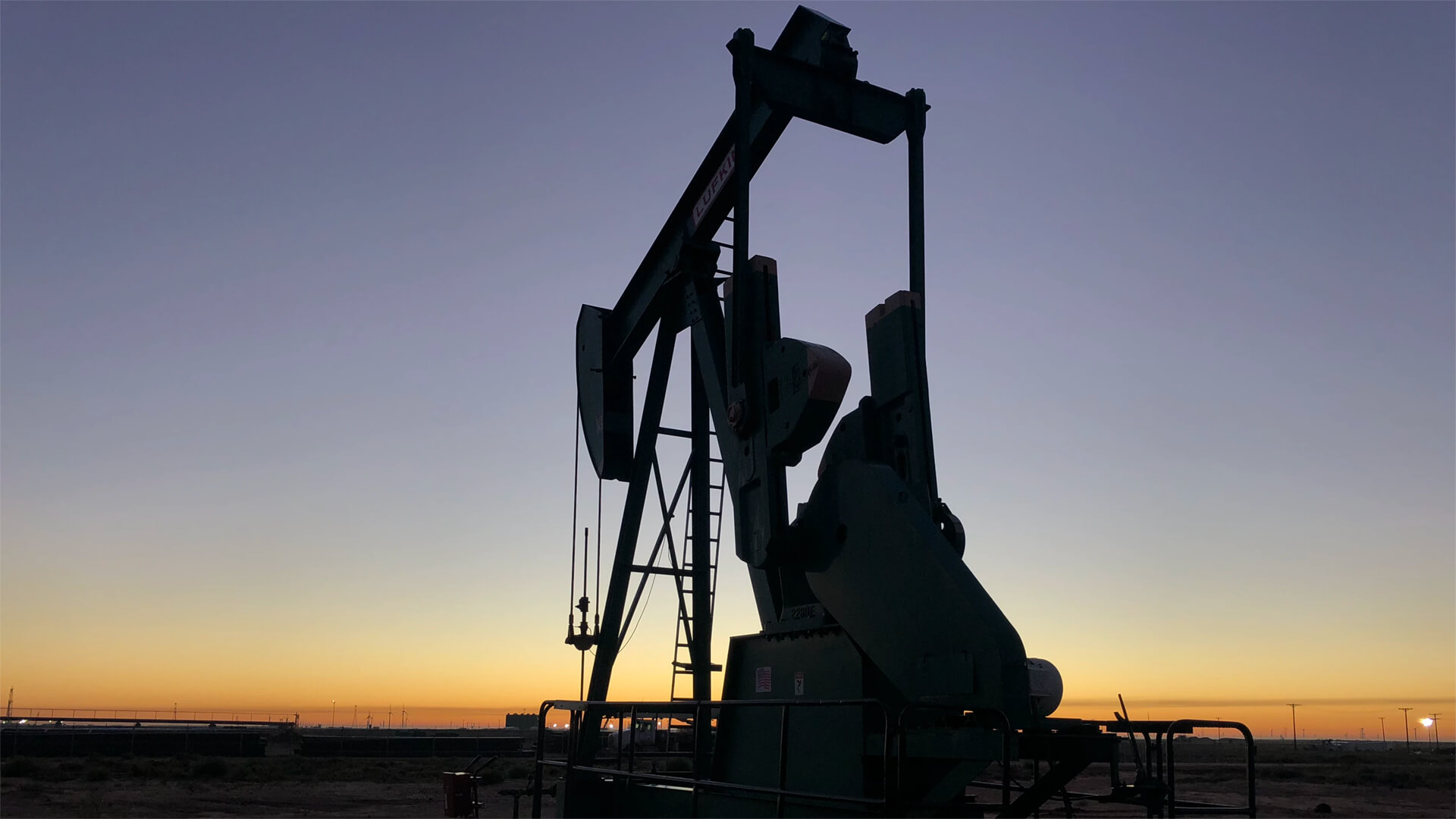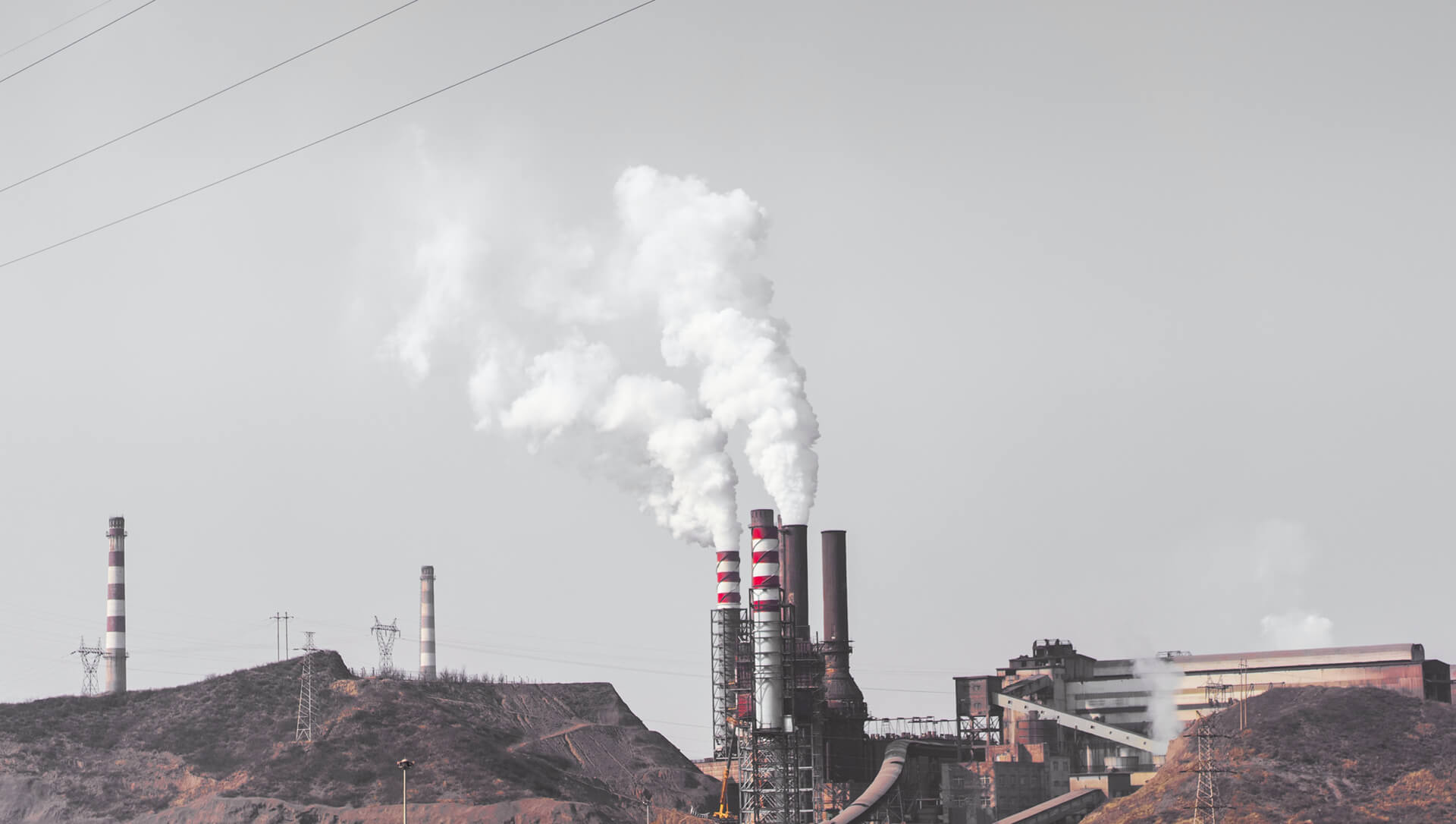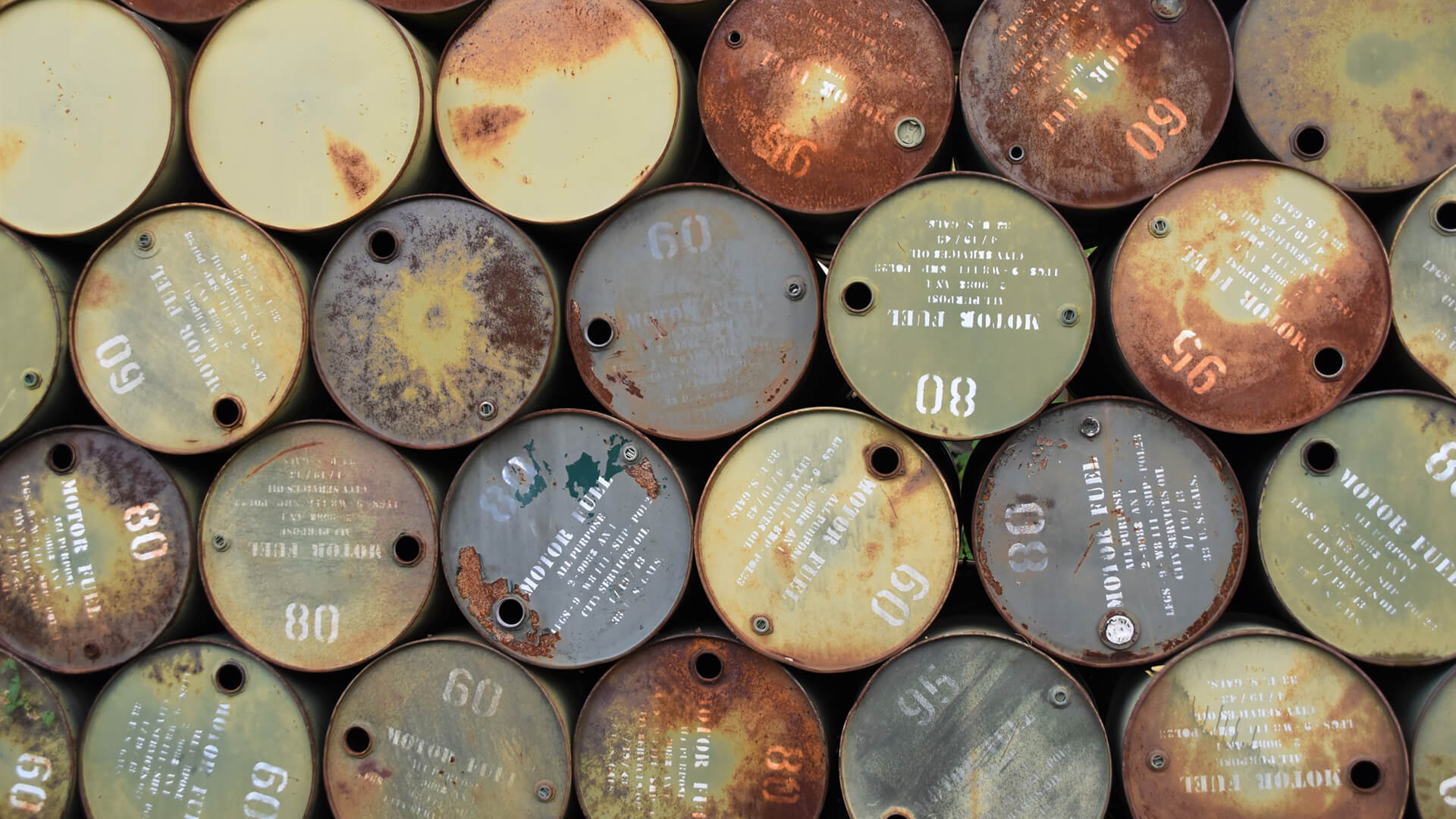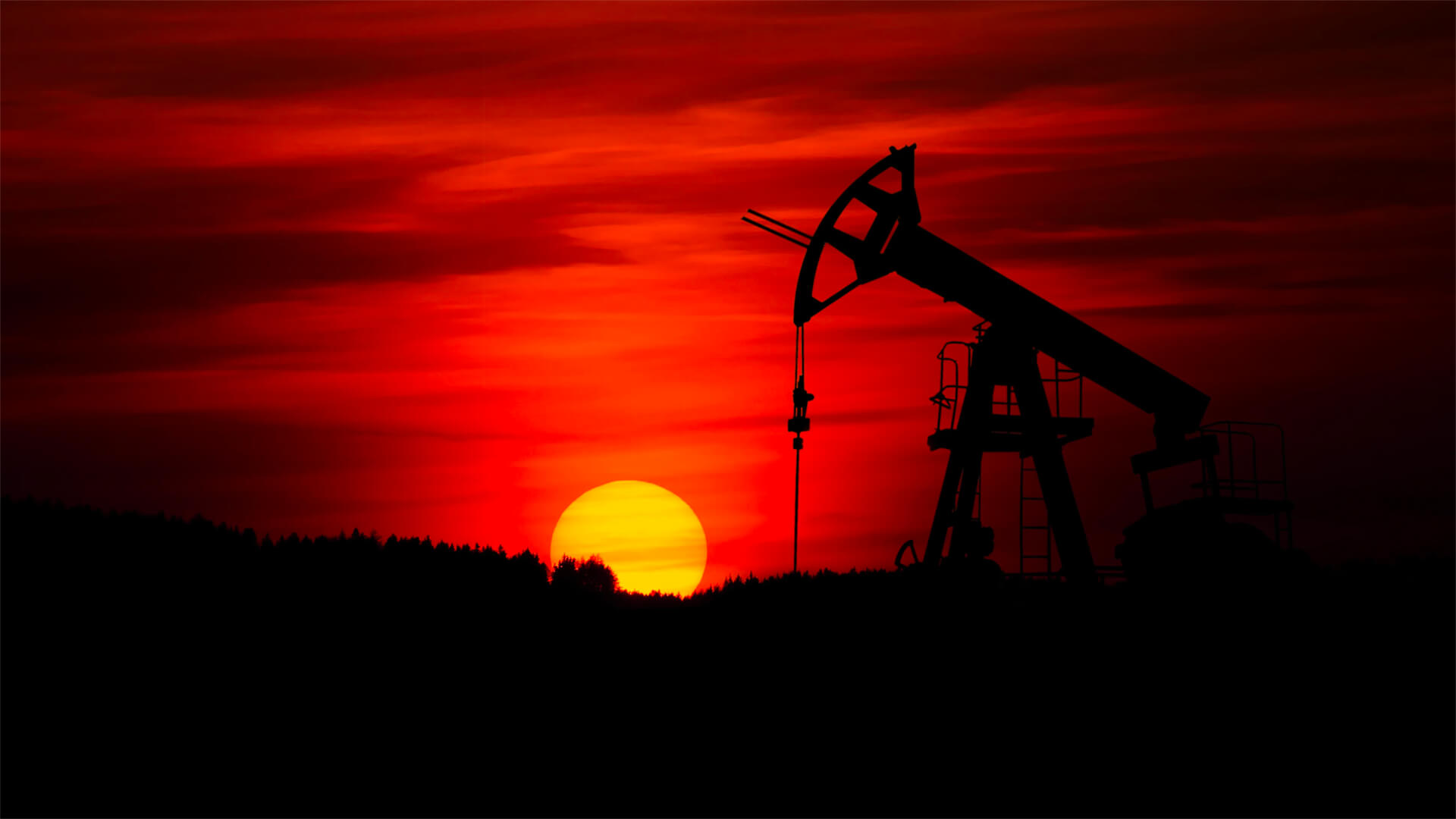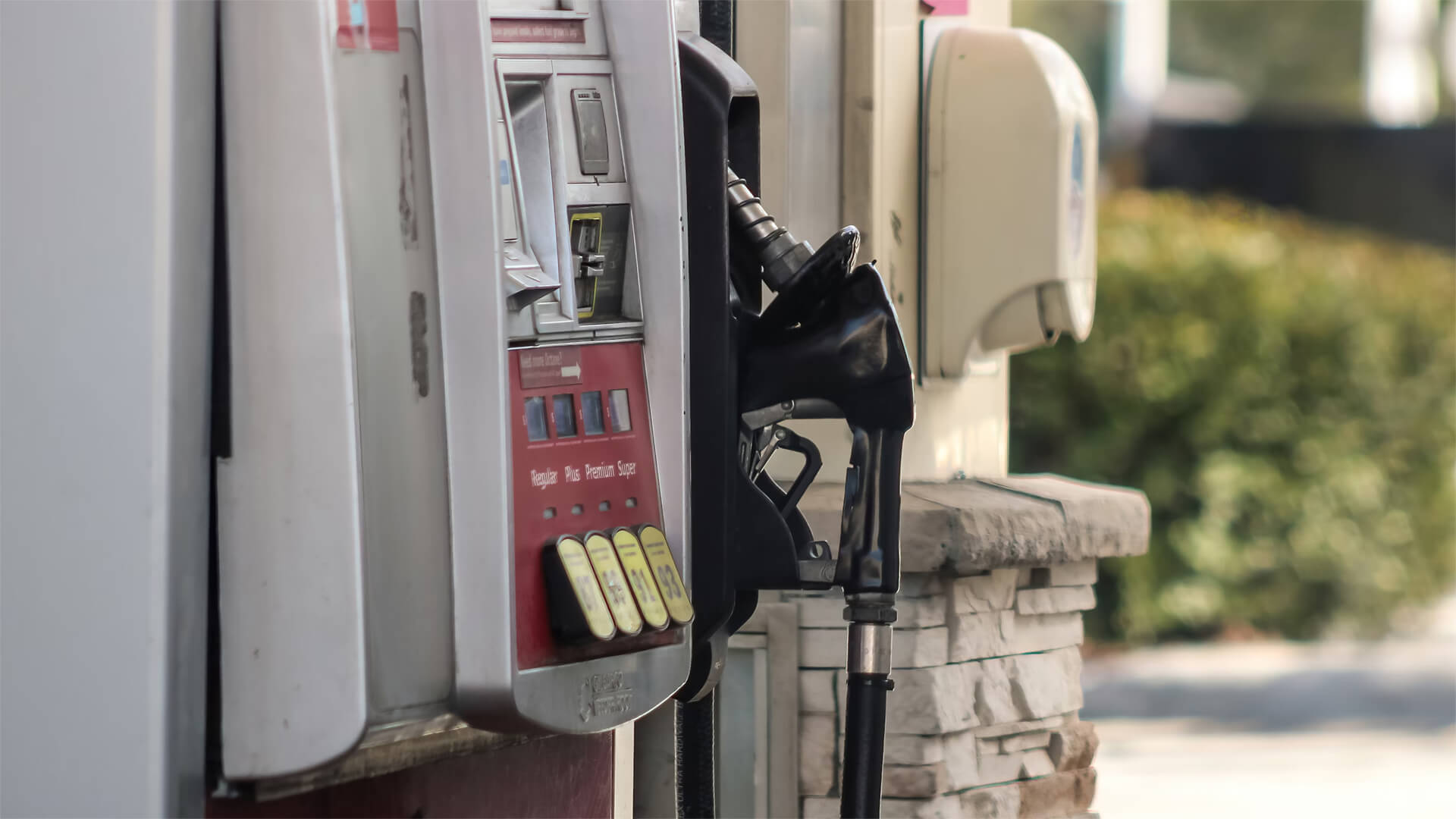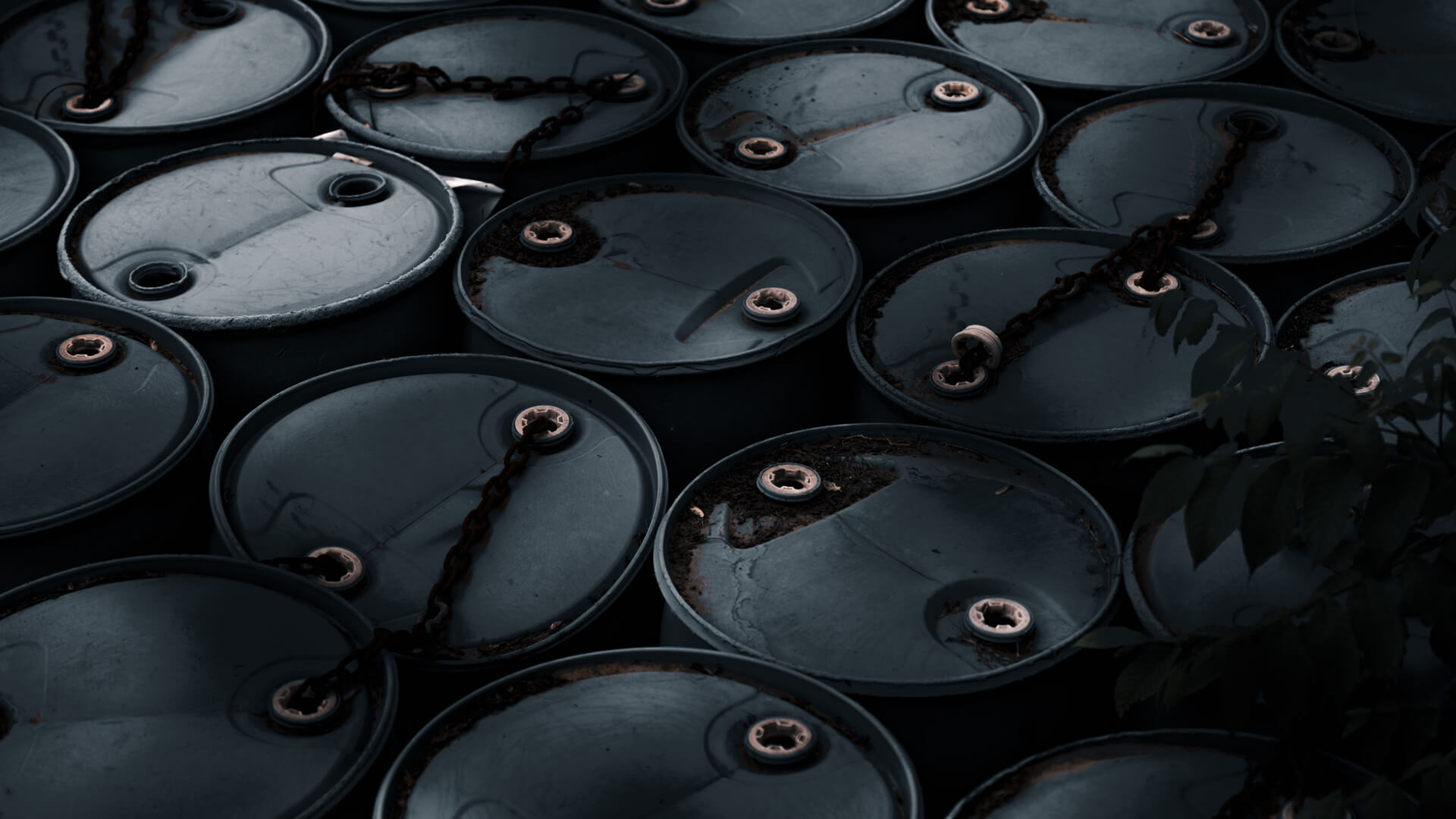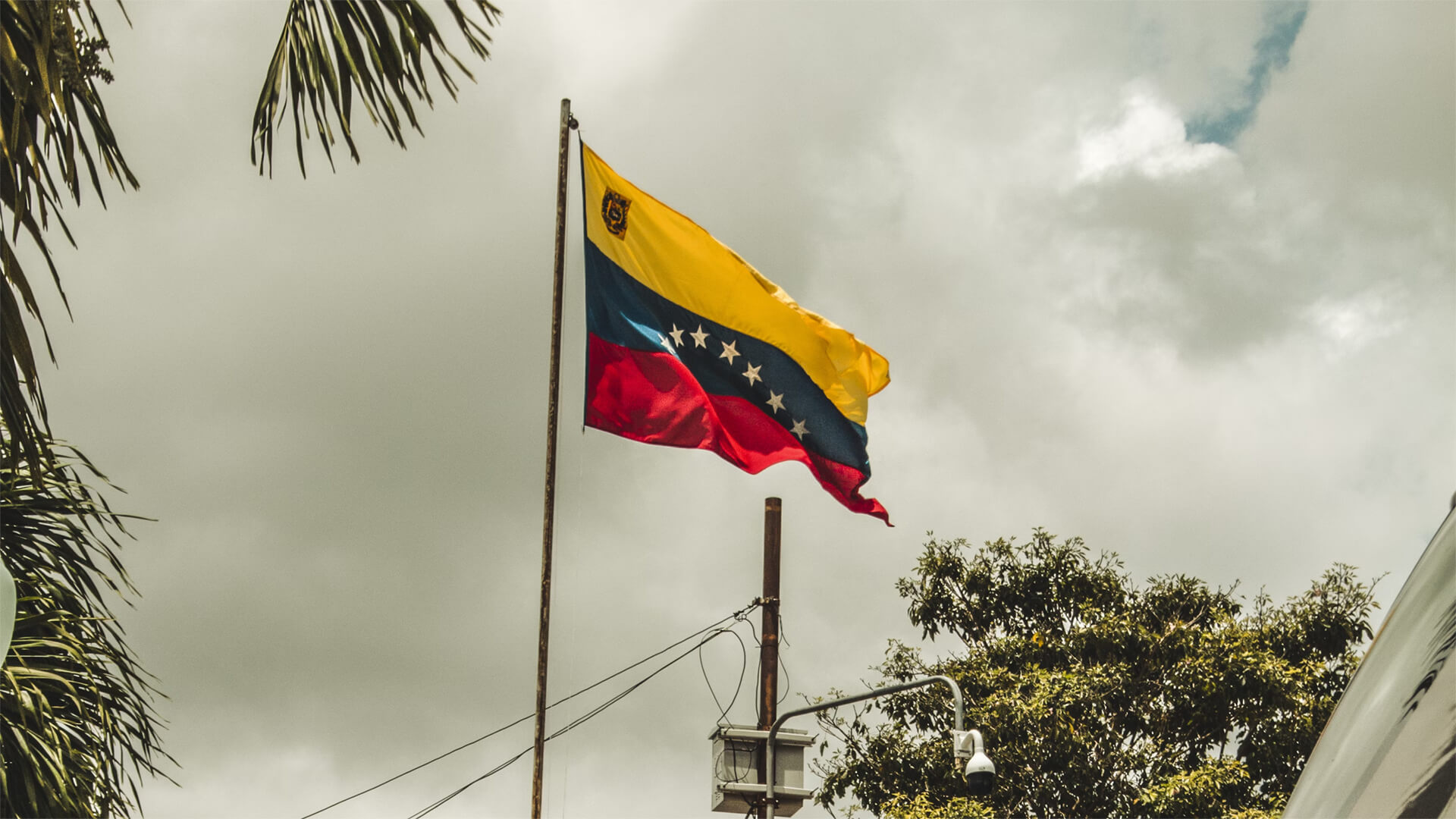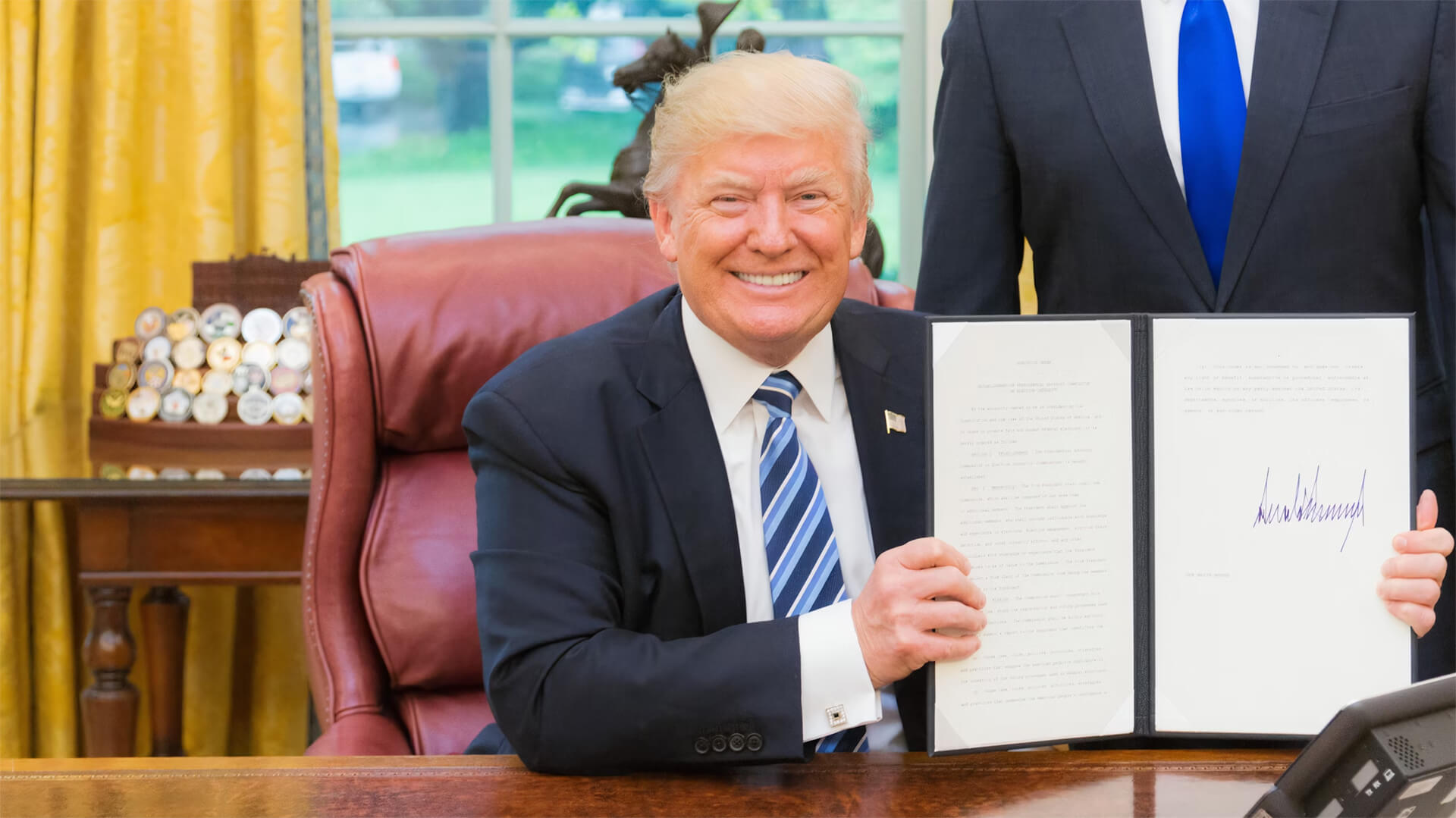While we Americans were carving up our turkeys last week, the Canadians had a political breakthrough. The Prime Minister and the Alberta Premier made a compromise to advance a new pipeline route for Alberta’s heavy crude.
This pipeline would extend through northern British Columbia, requiring the repeal of federal bans on pipelines and tanker loadings in the region. In return, Alberta will adopt a national carbon-pricing framework. This marks a dramatic shift following Trudeau’s 15 years of hostile relations.
Carney’s restoration of a political middle seems more feasible following this compromise. While there is still plenty of uncertainty about what this next chapter looks like, I’m cautiously optimistic.
Transcript
Hey everybody. Peter Zeihan here coming to you from a chilly Colorado. It’s only about ten degrees right now, which is like -12 Celsius y Celsius. Well, we’re going to talk about Canada today, specifically on America’s Thanksgiving Day. We had a breakthrough political agreement between the prime minister of Canada, a guy by the name Carney, and the premier, which is kind of like a governor of Alberta, Miss Smith, very, very short version.
It was a civil conversation that ended in a compromise that will probably benefit almost all parties. It’s like wild, exclusively dealt with energy. Basically, the Canadian government at the federal level has agreed to now push a Bitterman pipeline. That’s that heavy, thick crude that Alberta produces by basically electrifying the ground crazy technology. Anyway, it comes up thick.
It comes up dirty, requires a lot of specialized processing and handling. And so Alberta has always sold its crude into the American market, because the United States is the only that really process it at scale. But it’s always sold it into a big discount, because it’s a captive market and the United States is an oil exporter itself.
Now, the federal government has committed to a pipeline across British Columbia, to the northern part of the province. Right now, there’s a federal ban on oil pipelines and tanker loadings, in northern BC. So that will have to change in exchange, Alberta has agreed to a carbon pricing regime with the goal of getting Canada as a whole down to zero emissions by 2050.
Now we can discuss the pros and cons of that at a later time. But the bottom line is that Alberta has always vociferously avoided any sort of carbon pricing or emissions trading because it is an oil economy, whereas, Canada tends to be relatively green. And even though Alberta is a single largest source of income for the federal government, the fact that it’s all based on the back of oil, has never really gone over well in Ottawa or many other other provincial capitals.
Now, there are many, many, many, many, many details that remain to be worked out. But a couple things to keep in mind. Number one, we have had the federal government and the Alberta and provincial government screaming at one another. For the best part of the past 15 years. The reason is the no longer in power government of Justin Trudeau was basically had a collective IQ wattage of about four, and couldn’t even pretend to have an adult conversation about any of the topics at hand.
Does not mean for a second that the Albertans were flexible. But if the federal government really wasn’t willing to entertain discussing real issues with Alberta, of course nothing was going to happen. Now it seems that that is changing. Which brings us to number two. The political middle in Canada has been this vacant parking lot for over a decade.
The Trudeau government could only rule, even as a minority government, by catering to lots and lots and lots of special interests, of which Greens were one. And that made it very difficult to get anything done at the national level. Even before you consider the Alberta question, Carney, campaigned on returning to the political middle. And if he can lead Canada’s Liberals, which are not a great comparison of the kind of like America’s Democrats, if he can lead Canada’s Liberal Party into the political middle, he’ll dominate a lot of things for a long time.
But third, like I said, lots of fine print, lots of things that remain to be done at the moment. Canada’s First Nations are not part of this deal. They have facto veto power over many decisions. Number two, British Columbia, which is the province that the pipeline has to go through, is not part of this deal.
And in the past, they’ve screamed bloody murder to basically scrap anything that Alberta has ever wanted to do. Basically, think of this as the clash between Texas and California just in Canadian politics. And then third, Canada has yet to set up that pricing regime. And until we know what the number is, one of the other components of this deal, which is a carbon capture program, we don’t know how that’s going to work.
Carbon capture is the idea is that as a side effect of an industrial process, you produce carbon dioxide, and then you inject it into the ground rather than letting it go into the atmosphere. From a cost benefit point of view, it’s a really bad idea. From an environmental point of view, it’s probably a broadly good idea because it gets the carbon work, can’t get in the atmosphere, but it’s not free.
And until they figure out how much carbon credits cost, no one knows how much you will benefit from this sort of market by putting the stuff in the ground. So lots and lots and lots and lots and lots of details to get into. But the fact that, Carney and Smith were all smiles and had such a broad arrangement of compromises and agreements, we have not seen this in Canadian politics for really the better part of a generation now.
I’m hopeful, but they’ve got a lot of work ahead of them.


